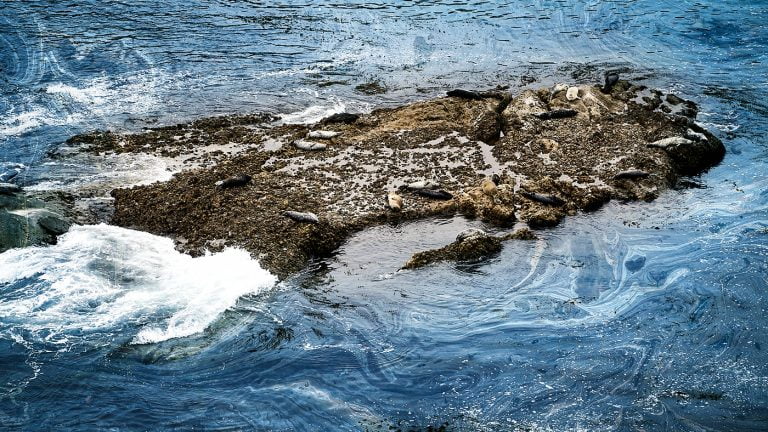Sustainability is a growing phenomenon and reasonably so. While phrases like, ‘sustainable fashion’ or ‘ethical consumerism’ have been trending, what does it mean beyond that? With the advent of globalization, fast-fashion provided cheap, easy to make and ready to wear clothing. This clothing built a bridge towards a lot more people having access to a variety of pieces, or women having professional clothing. But, fast-fashion has had an immense impact on the environment and natural resources. One of the crucial ones is that is has led to polluted water bodies and has endangered and depleted certain marine species. Fast-fashion primarily constitutes of polyester or acrylic as they are malleable and are easy to produce on a large scale. But, these fabrics degrade into micro strands of plastic. Microplastics are the bane of our existing consumption patterns. Polyester, acrylic, nylon and other synthetic compounds constitute 60% or more percentage of our clothing. They end up in the ocean through large landfill waste dumps and excess factory slurry. Even as we wash our clothing, microfibres are released and end up in the ocean. What impact do these microplastics have on our marine life? Every so often we see a gruesome news article about a turtle, with a straw, stuck on one of its noses. And, find ourselves worrying and yet as we are viewing that piece, we are dressed in an outfit purchased from a fast-fashion brand. 1 An average wash of 13 pounds releases half a million fibres from polyester and more than 700,00 fibres from acrylic. In a study done by Patagonia, more than 64,000 pounds of these fibres enter and infiltrate the ocean from the US alone. Countries like India, Bangladesh, China, Vietnam which are hubs of fast-fashion production may be producing even more. 2 The micro-plastics are invisible because of their microscopic size, they are easily ingested by various marine habitants causing adverse effects on their health. 3 These micro-plastics enter into the food chain, and may even end up in our food. Although the reports haven’t found physical impacts of this yet, we still don’t how this will affect in long term. 4 Apart from marine life, they are also issues regarding concern for sea birds. Many of them are endangered and these plastic fragments have a toxic effect on their body and may disturb their feeding pattern, reproduction and mortality. Adau practices sustainability, that is making ethically produced clothing with organic fabrics that have a longer shelf life, and when disposed of are biodegradable. Instead of fast-fashion, invest in pieces that are organically made, pieces that are timeless and not simply trendy, that can be reused and recycled. Adapt to sustainability today, for yourself, our ecosystems and marine life.

